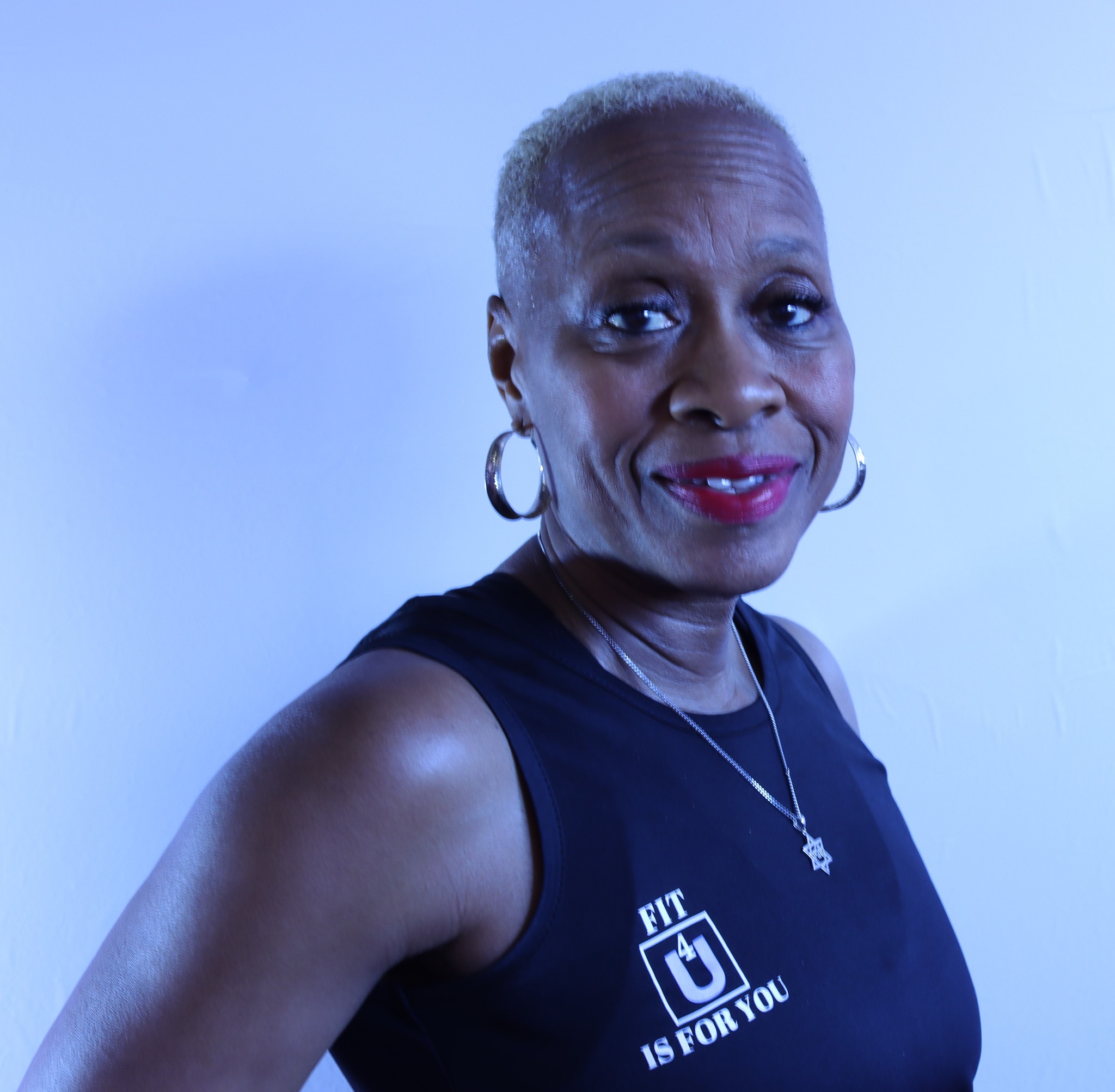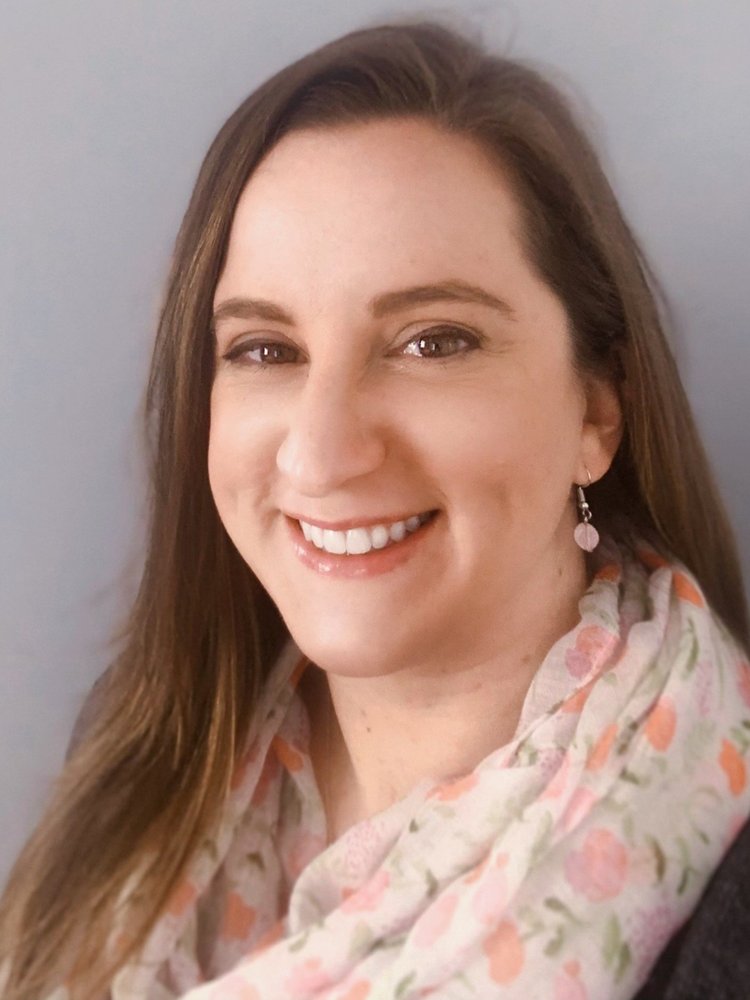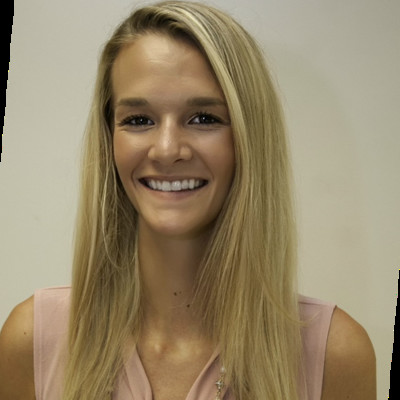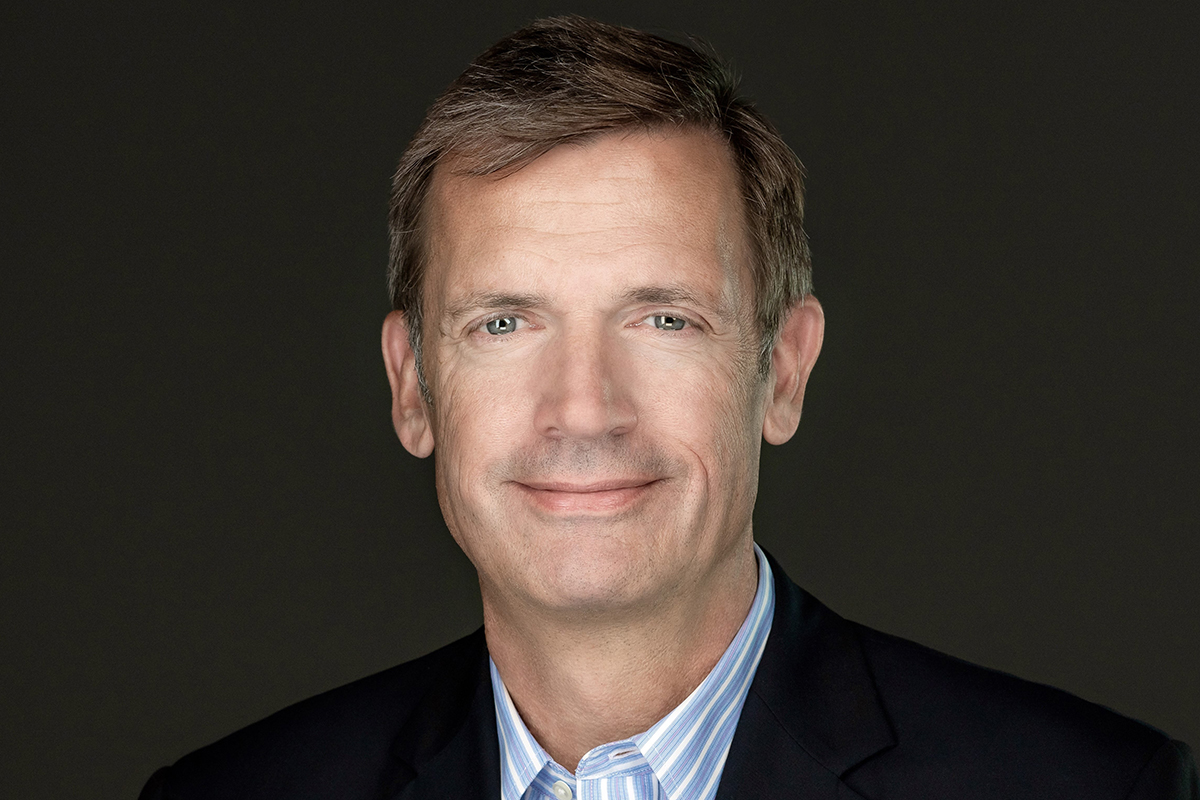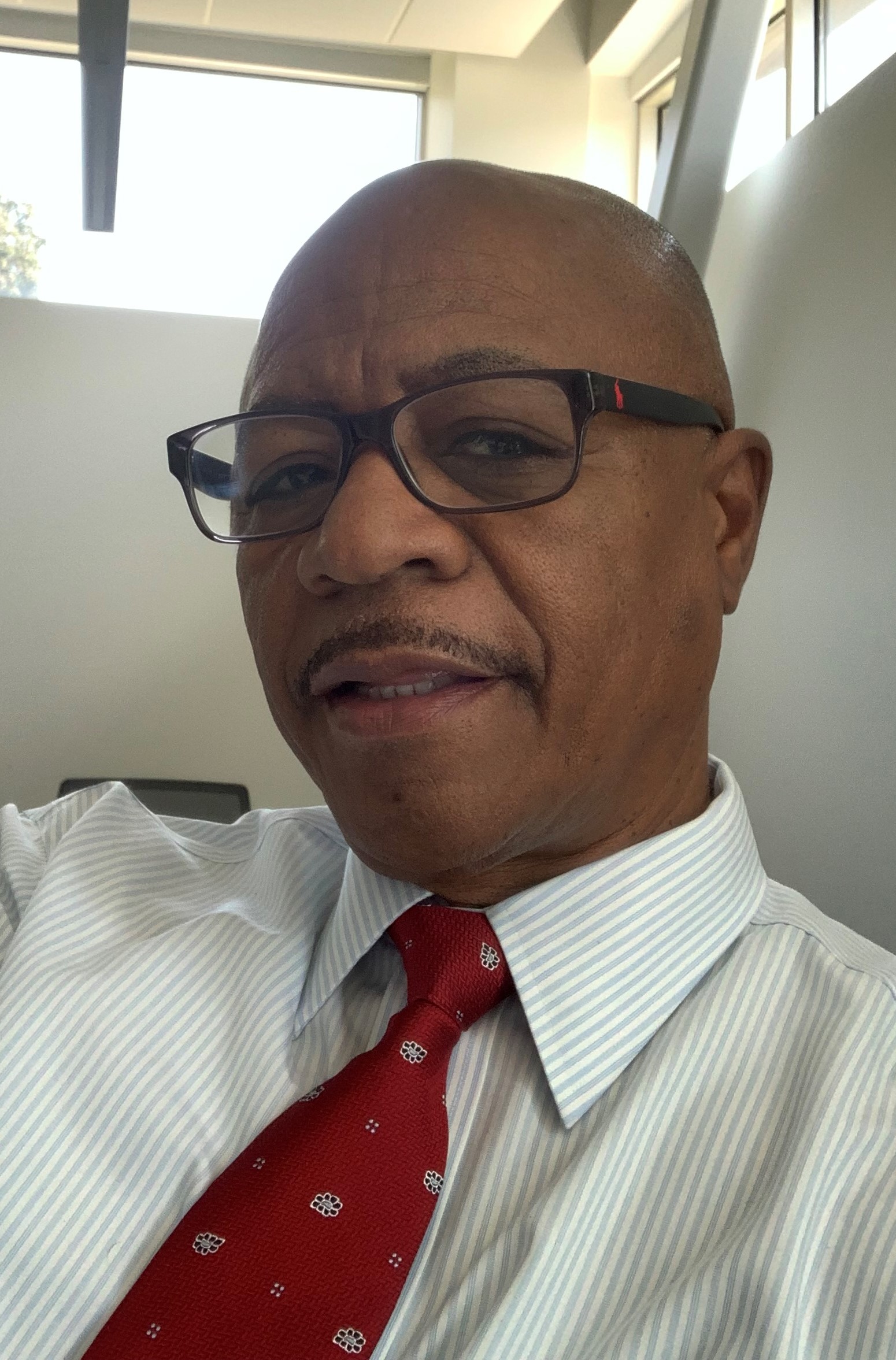Brooks, Estelle, MSW
Estelle Brooks is a certified fitness instructor with a master’s degree in Social Work. Estelle has over 35 years of experience working with individuals from diverse backgrounds. Her professional training as a social worker has allowed her to correlate the importance of mental health status. She is an energetic 69-year-old that finds joy in assisting people individually or in large group settings to achieve optimal health and fitness and life-changing goals. She encourages and supports people to take care of themselves spiritually, mentally, physically, and creatively.
Presentation(s):

